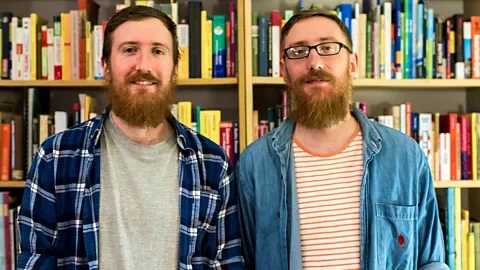
Up to 50% of twins develop their own communication pattern with one another. Most lose it over time, but for the Youlden twins it has become a normal way of communicating.
Twins Matthew and Michael Youlden speak 25 languages each. The 26th is Umeri, which they don't include in their tally.
If you've not heard of Umeri, there's good reason for that. Michael and Matthew are the only two people who speak, read and write it, having created it themselves as children.
The brothers insist Umeri isn't an intentionally secret language.
"Umeri isn't ever reduced to a language used to keep things private," they say in an email. "It definitely has a very sentimental value to us, as it reflects the deep bond we share as identical twins."
An estimated 30-50% of twins develop a shared language or particular communication pattern that is only comprehensible to them, known as cryptophasia. The term translates directly from Greek as secret speech.
Nancy Segal, director of the Twin Studies Center at California State University, believes there are now better and more nuanced words for the phenomenon, and prefers to use "private speech". In her book Twin Mythconceptions, Segal also uses the phrase "shared verbal understanding" to refer to speech used within the pair.
"Based on available studies, it is safe to say that about 40% of twin toddlers engage in some form of 'twin-speak'," writes Segal. "But that figure does not convey just how complex twins' language development turns out to be."
Roy Johannink from the Netherlands is father to teenage twins Merle and Stijn. Thirteen years ago, when they were babies, he took a video of them babbling to one another and shared it on YouTube. To date, their conversation has had over 30 million views. Johannink happened to have his camera on hand at the moment the two first began to verbally interact with each other.
"I was a little surprised that they saw each other," remembers Johannink. "They thought: 'Hey, I'm not alone in this moment. There's another one of me! It's us against the world.'"
Segal explains that like Merle and Stijn (who went on to lose their shared language when they learnt Dutch), most twins outgrow their private words as they gain more exposure to other people beyond the home.
But for the Youlden twins, this wasn't the case. They didn't outgrow their language. Quite the contrary, they enriched and perfected it over the years.
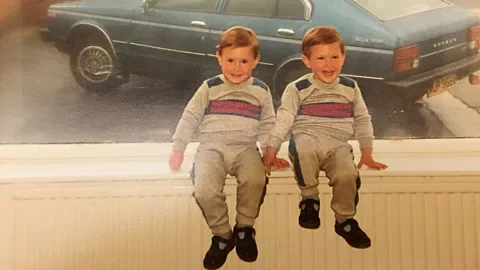
Born and raised in Manchester in the UK, the Youlden twins grew up surrounded by different ethnicities and cultures, fostering a love of languages.
Memories of when Umeri first began are hazy, but the brothers remember their grandfather being confused when as pre-schoolers, the two would share a joke between themselves he would not understand.
Then came their first family holiday abroad, at the age of eight. They were headed to Spain and decided they were going to learn Spanish, convinced that if they didn't, they'd struggle to order ice cream. Armed with a dictionary and with little understanding of how the grammar worked, they began to translate phrases word for word from English into Spanish. Later they took on Italian, and then turned their attention to learning Scandinavian languages. Pooling together various grammatical elements of all the languages they had studied, the brothers realised Umeri could actually become a fully-fledged language itself.
This chimes with Segal's observations. According to her, in general, "twins do not invent a new language, they tend to produce atypical forms of the language they are exposed to. Even though it's unintelligible, they still direct it to other people".
The Youlden twins began to standardise and codify Umeri. At one point, they even tried to design their own alphabet but realised (when they got their first computer) it would be of little use considering there was no Umeri font. Umeri is now written using the Latin alphabet.
Shared language
Preserving a language spoken by few people comes with its own challenges, however.
"Twins have this shared language, that at some point they stop using, as if they feel ashamed of it," says Matthew. "This is also not something unique to twin languages."
Anyone speaking a minority language - meaning a language not shared by much of the rest of society - may grow shy of speaking it, "especially if you are raised with a minority language where you are maybe ostracised or looked at funnily at school," he says. "We thankfully never had that [reaction from others]." On the contrary, in the Youlden home, their parents never saw the development of Umeri between the brothers as a negative thing.
When the brothers would swerve off to converse in their own language when with extended family, the response tended to be "they're off doing the language thing again", recalls Matthew.
Karen Thorpe is a specialist in child development, education and care research at the Queensland Brain Institute at the University of Queensland. She has in previous roles extensively studied language development in twins.
"For me, it's about a very close relationship," she says. "Rather than seeing it as something strange and unusual, private language is really about a beautiful thing that humans do when they're very, very close to one another. But is that exclusive to twins? I don't think so. I think it's exclusive to very special, close relationships."
She also regards it as a normal development feature. As she put it in a 2010 research paper: "It is simply that young children who are just beginning to speak tend to understand each other rather better than do their parents or other adults."
For others, such as the Youldens, the languages are a combination of closeness and intellectual curiosity, though Thorpe says this long-term, conscious development of a private language is relatively rare.
The Youlden twins keep inventing new words to keep up with modern life - whether it's 'iPad' or 'lightning cable'
There are limited case studies available on cryptophasia - or "twin language" - and some of the most well-known are rooted in psychiatry.
June and Jennifer Gibbons are one such example. The Bajan-born twins grew up in Wales in the 1970s. As one of the sisters told the BBC, they had a speech impediment and were bullied for it at school. As a result, they stopped speaking to others and only spoke to one another.
To others, including their own parents, their speech sounded incomprehensible. At 19, after being arrested for crimes including arson and theft, they were sent to Broadmoor, a high security psychiatric hospital in England, and became the youngest female patients there. "We were desperate, we were trapped in our twinship and trapped in that language, we tried everything to separate ourselves," said June in a BBC podcast about their lives.
Most twins forget any language they might have shared uniquely with one another as toddlers, Thorpe says, but some do retain certain words and non-verbal communication traits such as gestures. "They might not have something that we would call an exclusive language, but they do have something that's quite special," says Thorpe.
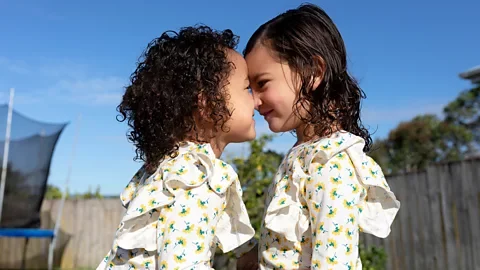
Her work has also found however that twins are mildly more at risk of language delay, but having a private language does not necessarily contribute to this. Language delay is more likely associated with twins having less individual attention from adults, research suggests. Prematurity, pregnancy and birth complications can also play a part.
"One thing I tell parents is: make sure you talk to your children one at a time, so that they have exposure to language," recommends Segal. "One problem with twins is that parents tend to leave them alone because they entertain each other, but then they don't have adult language models."
For the Youlden twins, creating Umeri has been nothing but a positive experience. The language is constantly developing as the brothers think of new words for things that have emerged with modern day life. "Whether it's 'iPad' or 'lightning cable' - all of these are words that didn't exist 20 or 30 years ago," says Matthew.
They now run their own language coaching company supporting individuals, educational institutions and private companies with language learning. Michael lives in Grand Canaria and Matthew in the Basque Country. They still converse with one another in Umeri.
They don't plan to pass down the language to any children they may have in the future, however, finding it strange to share the language with someone else.
"It's a unique language spoken by two people," says Michael. "It's one of those things that unfortunately does have an expiry date to it."





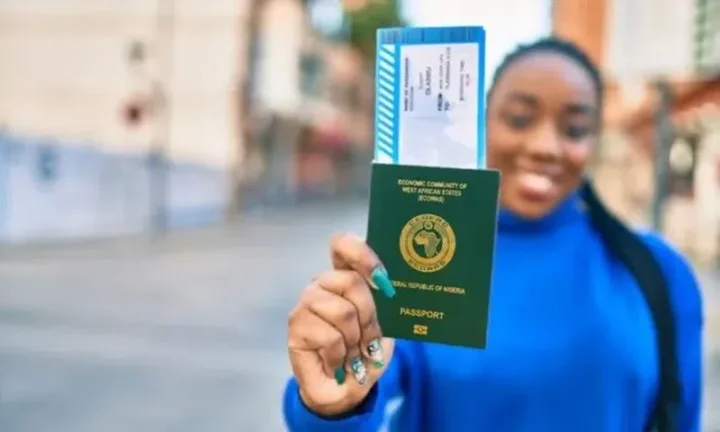


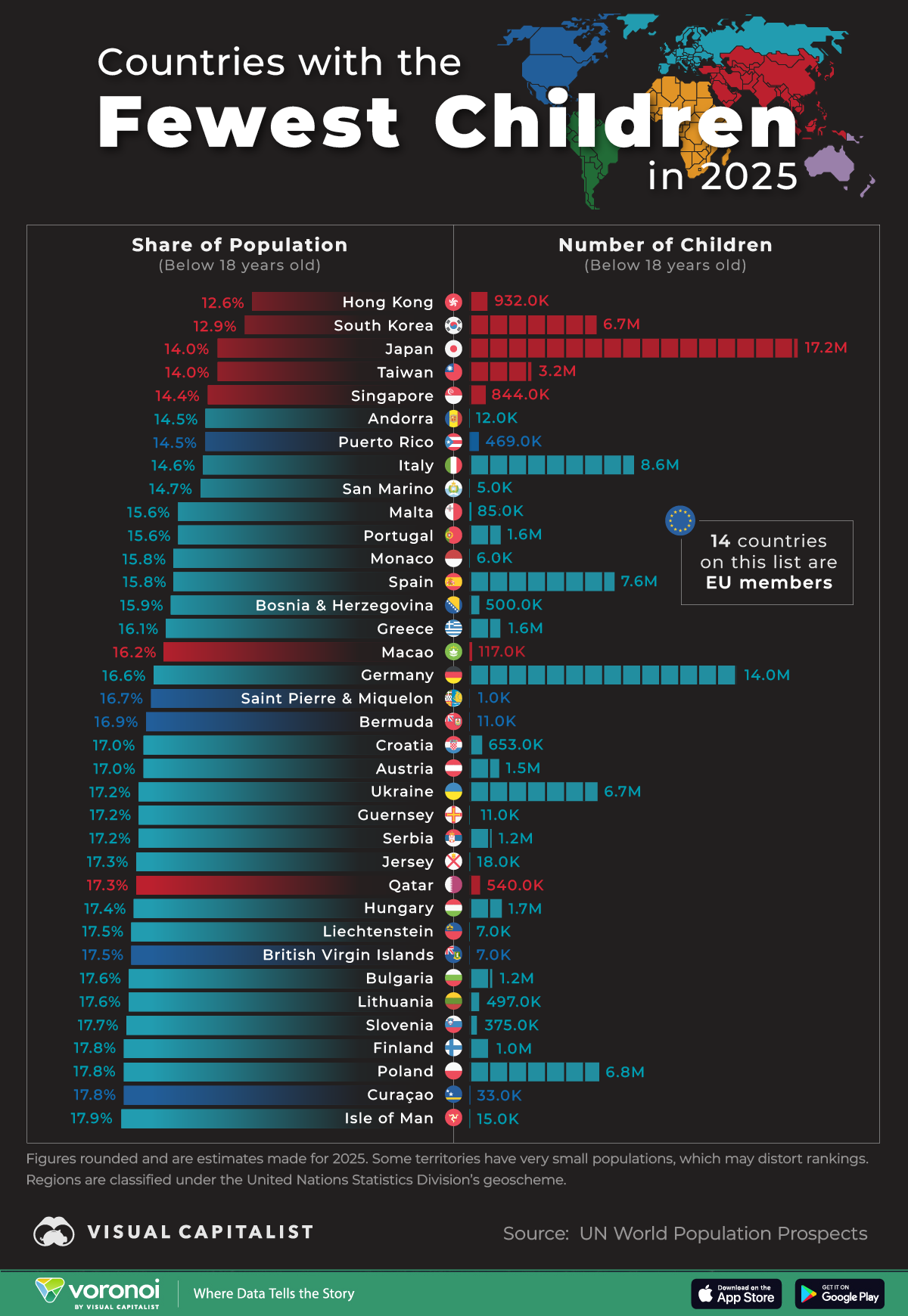



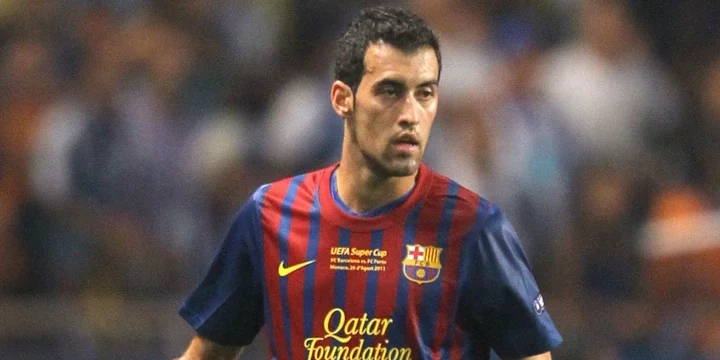




Comments